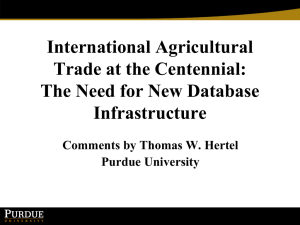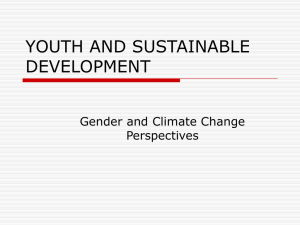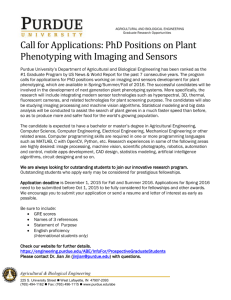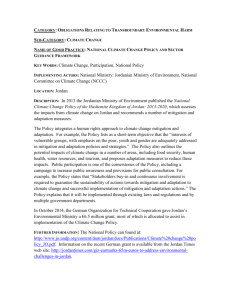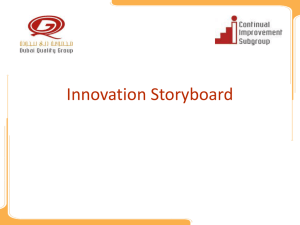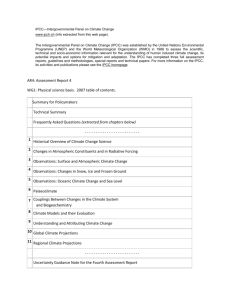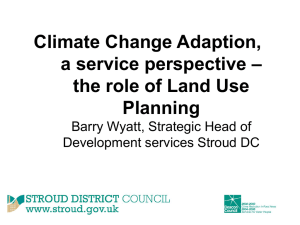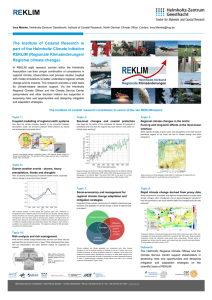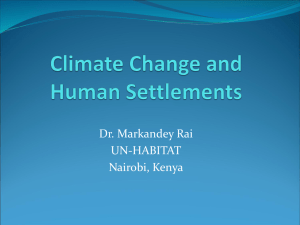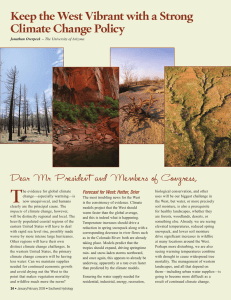Climate change, poverty and food security
advertisement
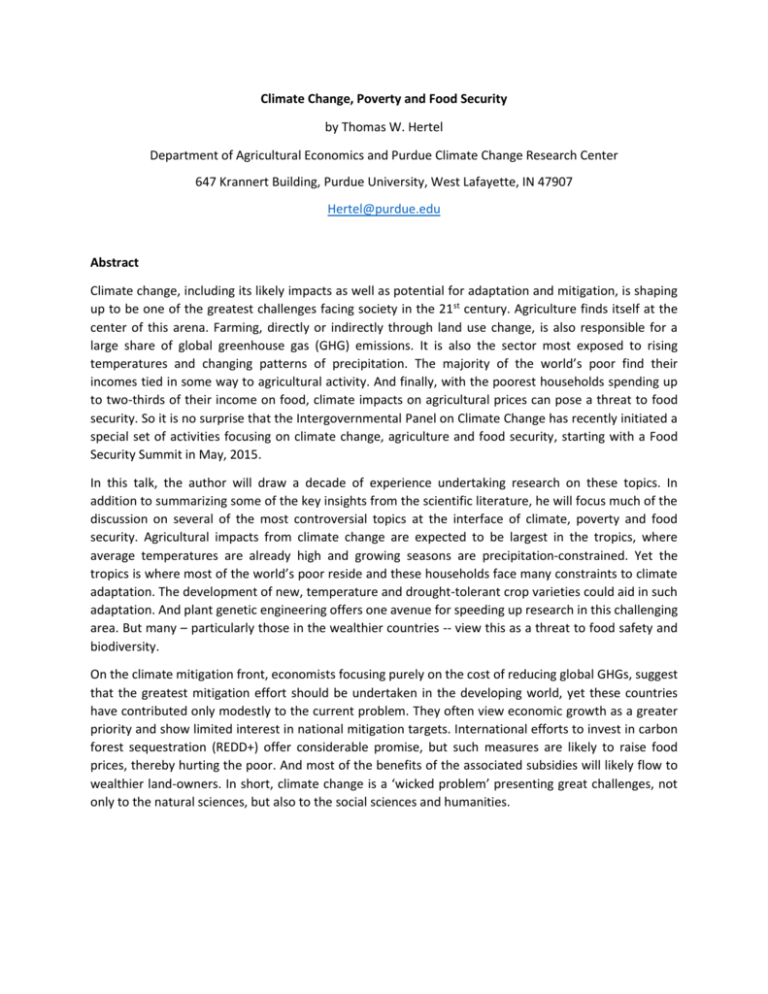
Climate Change, Poverty and Food Security by Thomas W. Hertel Department of Agricultural Economics and Purdue Climate Change Research Center 647 Krannert Building, Purdue University, West Lafayette, IN 47907 Hertel@purdue.edu Abstract Climate change, including its likely impacts as well as potential for adaptation and mitigation, is shaping up to be one of the greatest challenges facing society in the 21st century. Agriculture finds itself at the center of this arena. Farming, directly or indirectly through land use change, is also responsible for a large share of global greenhouse gas (GHG) emissions. It is also the sector most exposed to rising temperatures and changing patterns of precipitation. The majority of the world’s poor find their incomes tied in some way to agricultural activity. And finally, with the poorest households spending up to two-thirds of their income on food, climate impacts on agricultural prices can pose a threat to food security. So it is no surprise that the Intergovernmental Panel on Climate Change has recently initiated a special set of activities focusing on climate change, agriculture and food security, starting with a Food Security Summit in May, 2015. In this talk, the author will draw a decade of experience undertaking research on these topics. In addition to summarizing some of the key insights from the scientific literature, he will focus much of the discussion on several of the most controversial topics at the interface of climate, poverty and food security. Agricultural impacts from climate change are expected to be largest in the tropics, where average temperatures are already high and growing seasons are precipitation-constrained. Yet the tropics is where most of the world’s poor reside and these households face many constraints to climate adaptation. The development of new, temperature and drought-tolerant crop varieties could aid in such adaptation. And plant genetic engineering offers one avenue for speeding up research in this challenging area. But many – particularly those in the wealthier countries -- view this as a threat to food safety and biodiversity. On the climate mitigation front, economists focusing purely on the cost of reducing global GHGs, suggest that the greatest mitigation effort should be undertaken in the developing world, yet these countries have contributed only modestly to the current problem. They often view economic growth as a greater priority and show limited interest in national mitigation targets. International efforts to invest in carbon forest sequestration (REDD+) offer considerable promise, but such measures are likely to raise food prices, thereby hurting the poor. And most of the benefits of the associated subsidies will likely flow to wealthier land-owners. In short, climate change is a ‘wicked problem’ presenting great challenges, not only to the natural sciences, but also to the social sciences and humanities.
